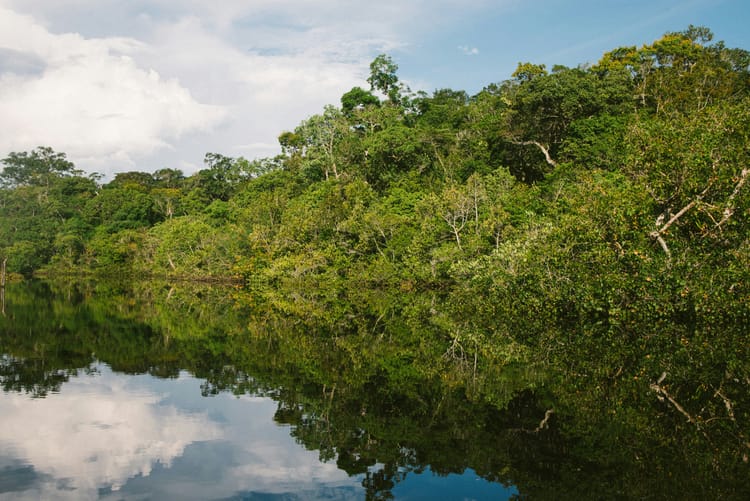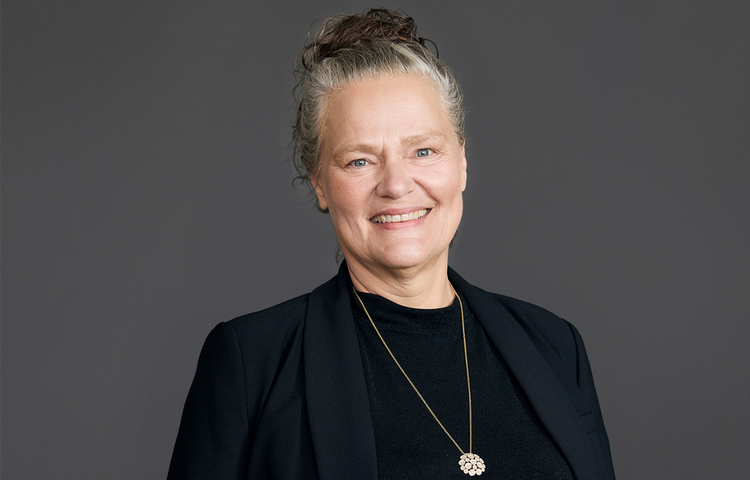What EFRAG’s analysis of 656 CSRD reports tells us about the state of corporate sustainability
"Climate plans remain incomplete."

EFRAG’s ‘State of Play’ report, which gathers insights from 656 CSRD-aligned sustainability statements, shows wide variations in corporate sustainability ambition and strategies.
EFRAG – the organisation behind the European Sustainability Reporting Standards (ESRS) used for reporting under the Corporate Sustainability Reporting Directive (CSRD) – has published its first large-scale analysis of information disclosed by 656 companies for the 2024 period.







